

"La Bamba" is a traditional Mexican folk song that became a hit for the young rocker Ritchie Valens after he died in a plane crash on February 3, 1959 along with Buddy Holly and The Big Bopper. The song is very popular with Mariachi bands and is often played at weddings. The lyrics are in Spanish: "Para bailar la Bamba se necessita una poca de gracia" means "To dance La Bamba you need to have a little grace."
A little translation:
The verses start with a man telling his fiancée, "I'm not a sailor, I'm a captain," indicating his big ambitions. In the next verse he sings, "In order to get to heaven you need a big ladder and a little ladder, a little ladder and a big ladder." At this point, he's climbing for the heavens, then comes the refrain where he says, "Up and up and up I'll go." The song if filled with the optimism of youth, and hit the mark with the teenage audience that consumed this early rock.
This song was only a modest hit when it was released in November 1958, but it became far more popular when the Ritchie Valens biopic La Bamba was released in 1987. The movie was a big deal because it was the first major, mainstream Hollywood film with a Hispanic subject. The movie was released in the United States in both Spanish and English versions, and Coca-Cola did a marketing tie-in targeting the Hispanic population in America - a population that would grow considerably in size and influence over the next several years.
The movie was made with the assistance and blessing of the Valens family, and starred Lou Diamond Phillips as Ritchie. Marshall Crenshaw played Buddy Holly, Brian Setzer played Eddie Cochran, and Taylor Hackford was the director. The music in the film, including the new version of the title track, was performed by Los Lobos. Their version went to #1 in both the UK and US. When we spoke with Louie Perez of Los Lobos, he said that the Valens family asked them to do the film. "For us, it was to bring attention to him and his legacy," he said. "We did it out of really believing in his story."
Unlike most songs with titles that are the name of a dance, this one doesn't give any specific instructions on how to do the dance, so alas, there was no "La Bamba" dance craze. In this song, the singer is expressing how he feels about the dance - a generally good one, as assumed because of what he says about it and the beat/rhythm of the song.
The title does not have a literal translation. The closest associated word is "Bambolear," which means "To Swing."
Thanks to the movie, this became Valens' best known song, but it was far from his biggest hit: that would be "Donna," which made it to #2. "La Bamba" was the B-side of that single, and it began a chart run when "Donna" faded, peaking at #22 a few days after Valens died. It was Valens' producer, Bob Keane, who suggested a new version of "La Bamba" to use as the B-side of "Donna."
Valens was born Richard Valenzuela in Pacoima, California to Mexican-Indian parents. He didn't speak fluent Spanish, but could understand his mother and speak a fair Spanglish. He did, however, make a huge impact on the Hispanic audience in the United States, who saw one of their own become the first rock star. Others who followed include Chris Montez, Trini Lopez, and Sam The Sham & The Pharoahs.
A young guitarist named Carol Kaye played on this track. She was playing in jazz clubs in 1957 when she picked up some session work; she went on to become one of the most prolific studio musicians of the '60s and '70s, mostly on bass. Working on "La Bamba" was big moment for her. Kaye told Songfacts: "What was nice about working for Ritchie Valens was about that time, I was feeling like I didn't want to do studio work. Because I missed be-bop and I knew it was going to be rough to make a living in jazz. But Ritchie Valens was so nice and so warm, and he made the date so pleasant. I thought if they're all like this, then studio work I can do."
Kaye also played bass on the score to the 1987 film La Bamba.
When the Los Lobos version of this song hit #1, Taylor Hackford became the first director with consecutive #1 hits from four films: "Up Where We Belong" from An Officer And A Gentleman, "Against All Odds (Take A Look At Me Now)" from Against All Odds, and both "Separate Lives" and "Say You Say Me" from White Nights.
Weird Al Yankovic recorded a parody of this song called "Lasagna," which is all about Italian food. >>
Suggestion credit:The Los Lobos remake of this song was the first song with all Spanish lyrics to hit #1 in America. It was a huge break for the band, which was playing weddings in the Los Angeles area just a few years earlier.
Ritchie Valens was just 17 when this song was released, and was the same age when he died. He made his first recordings in March 1958, so he was actively recording only for about 10 months. Not much was known about him, and a common misperception was that he was from either Texas or Mexico.
For Buddy Holly, the resurgence came when Don McLean recorded his tribute "American Pie," and for Valens, it was the 1987 movie that brought him to the public's attention. Unlike Holly, whose song "It Doesn't Matter Any More" made #13 when it was released after his death, none of Valens' posthumous releases hit the Top 40. He didn't even have an album out when the plane crashed.
I was taught by people from the area La Bamba originated (Veracruz) as a son jarocho that it started as a protest son when the reaction to pirating was to conscript people who were not sailors as sailors - ending much as one would expect. While as a son, it is easily adaptable with unlimited verses even by the occasion and mood, many older versions (and still today) include "I'm not a sailor" - a protest statement rather than a boast. They usually are followed with something more somber or that 'for you I am.' The common lyrics about two ladders reference when the city was under siege, and the residents were inside the cathedral. The wealthy had arranged for (typically this was inferred to be nefarious, such as bribery, and exclusive to the rich) two ladders: a large one for them to get into the tall cathedral tower while the rest were on the main level and a short one to then get to the roof of the tower to jump off, as suicide was preferable to what they knew the pirates would do to them.
It's interesting to see different meanings people put behind the more common phrases (and new ones!). When used for a wedding celebration, I have seen the sailor line explained as the spouse promising to be faithful; the spouse is not one of those promiscuous sailors but rather the loyal and true captain. As with many things, we will probably never know the order in which lyrics and ascribed meanings developed, at least beyond the very beginning.
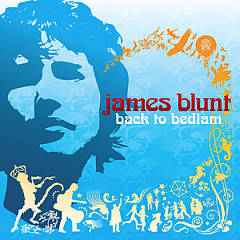
The James Blunt song "You're Beautiful" is not romantic: it's a about a creepy subway encounter with an ex.
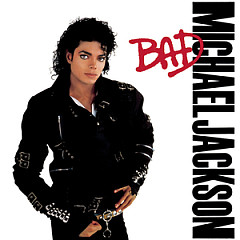
Michael Jackson's "Liberian Girl" opens with the South African female singer Letta Mbulu saying the Swahili phrase "Naku penda piya-naku taka piya-mpenziwe." There was some geographic liberty here, as Swahili is not spoken in the West African nation of Liberia.
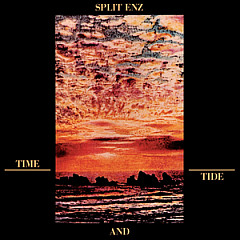
The Split Enz song "Six Months In A Leaky Boat" is about the journey explorers made from Europe to colonize Australia and New Zealand, where the band is from.
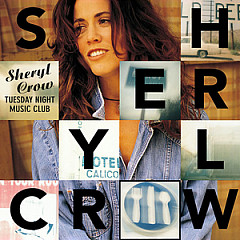
"All I Wanna Do" by Sheryl Crow started with the first line from an obscure poem called "Fun" that read, "All I wanna do is have some fun."
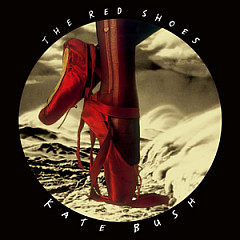
The Kate Bush song "Why Should I Love You?" is a collaboration with Prince. He completely re-worked her demo, so Bush spent a lot of time piecing it back together to keep her imprint.
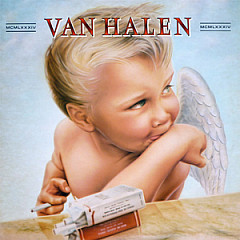
Michael McDonald co-wrote the Van Halen song "I'll Wait."
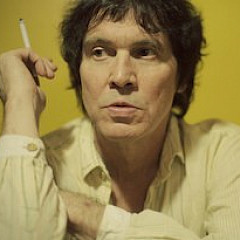
Since his debut single "I'm On Fire" in 1975, Dwight has been providing Spinal-Tap moments and misadventure.
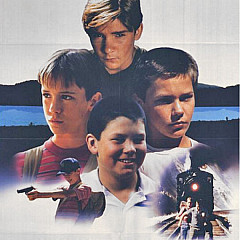
In 1986, a Stephen King novella was made into a movie, with a classic song serving as title, soundtrack and tone.

The king of Christian worship music explains talks about writing songs for troubled times.

"I'll Be" was what Edwin called his "Hail Mary" song. He says it proves "intention of the songwriter is 180 degrees from potential interpretation by an audience."
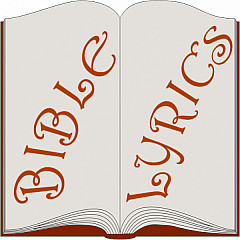
Rockers, rappers and pop stars have been known to quote the Bible in their songs. See if you match the artist to the biblical lyric.

Edie Brickell on her collaborations with Paul Simon, Steve Martin and Willie Nelson, and her 2021 album with the New Bohemians.